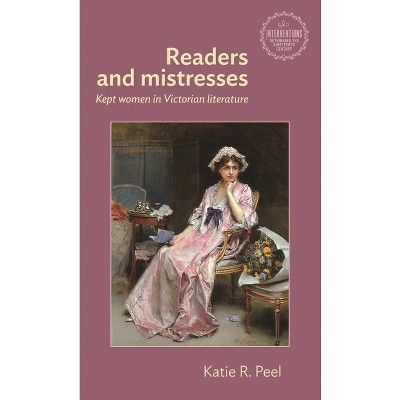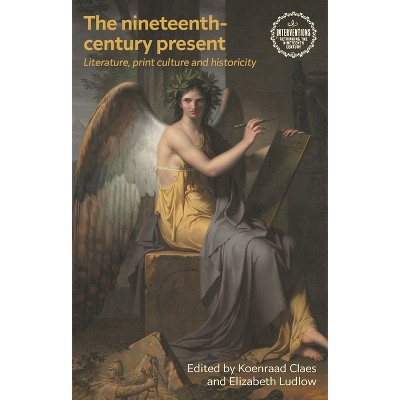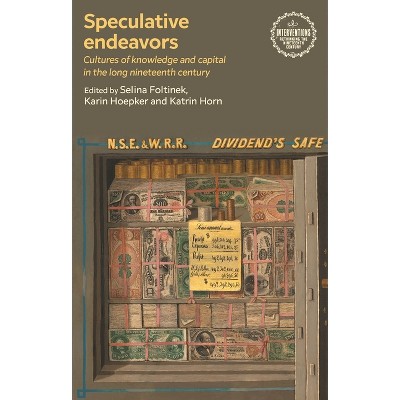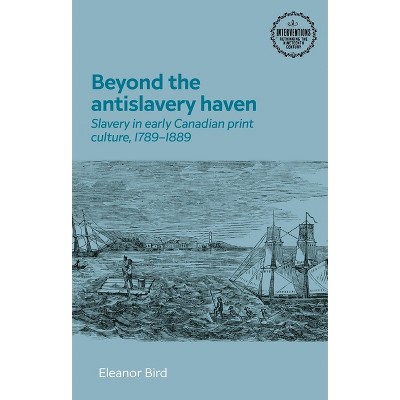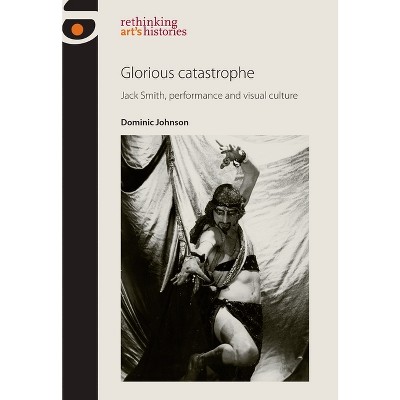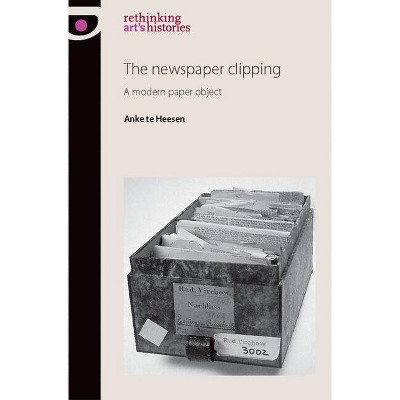Sponsored

Spectral Dickens - (Interventions: Rethinking the Nineteenth Century) by Alexander Bove (Paperback)
In Stock
Sponsored
About this item
Highlights
- Drawing on the recent ontological turn in critical theory, Spectral Dickens explores an aspect of literary character that is neither real nor fictional, but spectral.
- About the Author: Alexander Bove is Professor of English at Pacific University
- 256 Pages
- Literary Criticism, European
- Series Name: Interventions: Rethinking the Nineteenth Century
Description
About the Book
Spectral Dickens posits a spectral dimension of literary character. By analyzing Dickens' illustrated novels through a frame of ontologically haunted concepts like the Freudian uncanny, Derridean spectrality, and the Lacanian Real, Bove's work haunts the opposition between fictional character and real person with the uncanniness of literary forms.Book Synopsis
Drawing on the recent ontological turn in critical theory, Spectral Dickens explores an aspect of literary character that is neither real nor fictional, but spectral. This work thus provides an in-depth study of the inimitable characters populating Dickens' illustrated novels using three hauntological concepts: the Freudian uncanny, Derridean spectrality, and the Lacanian real. Thus, while the current discourse on character studies, which revolves around values like realism, depth, and lifelikeness, tends to see characters as mimetic of persons, this book invents new critical concepts to account for non-mimetic forms of characterization. These spectral forms bring to light the important influence of developments in nineteenth-century visual culture, such as the lithography and caricature of Daumier and J.J. Grandville. The spectrality of novelistic characters developed here paves the way for a new understanding of fictional characters in general.From the Back Cover
Spectral Dickens sets out to transform some of our most basic assumptions about literary characters, especially the implicit belief that the imitation of personhood underlies characterization as a form, and typically dictates its success or failure. This volume illuminates a whole new dimension of the representation of character, a 'spectral' dimension, by bringing a wider range of modern critical theory to the study of Dickens's illustrated novels, using in particular the three 'hauntological' concepts of the Freudian uncanny, Derridean spectrality, and the Lacanian real to give new ontological dimensions to the basic question: "What is a fictional character?"
Characters, Bove argues, are by nature uncanny in their very form. Thus, Spectral Dickens exposes a deficit in our current discourse on character studies, which implicitly revolves around values like realism, depth, and lifelikeness, but has very few concepts to describe non-realist and non-mimetic forms. The book fills in this gap in the field by providing new critical concepts to account for other forms of characterization--concepts like effigy, anamorphosis, spectral materiality, and distortion, all of which take into account visual artforms, like caricature and lithography, and foreground the role of form in mediating the seemingly rigid opposition between real person and fictional character. Ultimately, the idea of spectral characterization developed here will, as a more general theory, reach far beyond Dickens's characters to provide a richer and more nuanced understanding of fictional characters--not as imitations of reality, but as uncanny specters of the real.Review Quotes
'Drawing on graphic traditions of the era, the author describes how Dickens developed objects like dolls and effigies to reinforce meanings beyond the literal. Bove is interested in visual and narrative techniques that move beyond the limits of mimesis.'
CHOICE
(Reprinted with permission from Choice Reviews. All rights reserved. Copyright by the American Library Association.)
The Dickensian 'Bove has produced both a work that expands the ways we think about character, and a sustained demonstration of the continuing value of Lacanian thought for literary analysis.'
BAVS newsletter This is an exciting read for those of us long troubled by the old adage that Dickens is a "failed realist" who does not create convincing characters... a creative and original set of readings of how Dickens's characters
are so powerful.'
Dickens Quarterly
About the Author
Alexander Bove is Professor of English at Pacific UniversityShipping details
Return details
Trending Poetry






